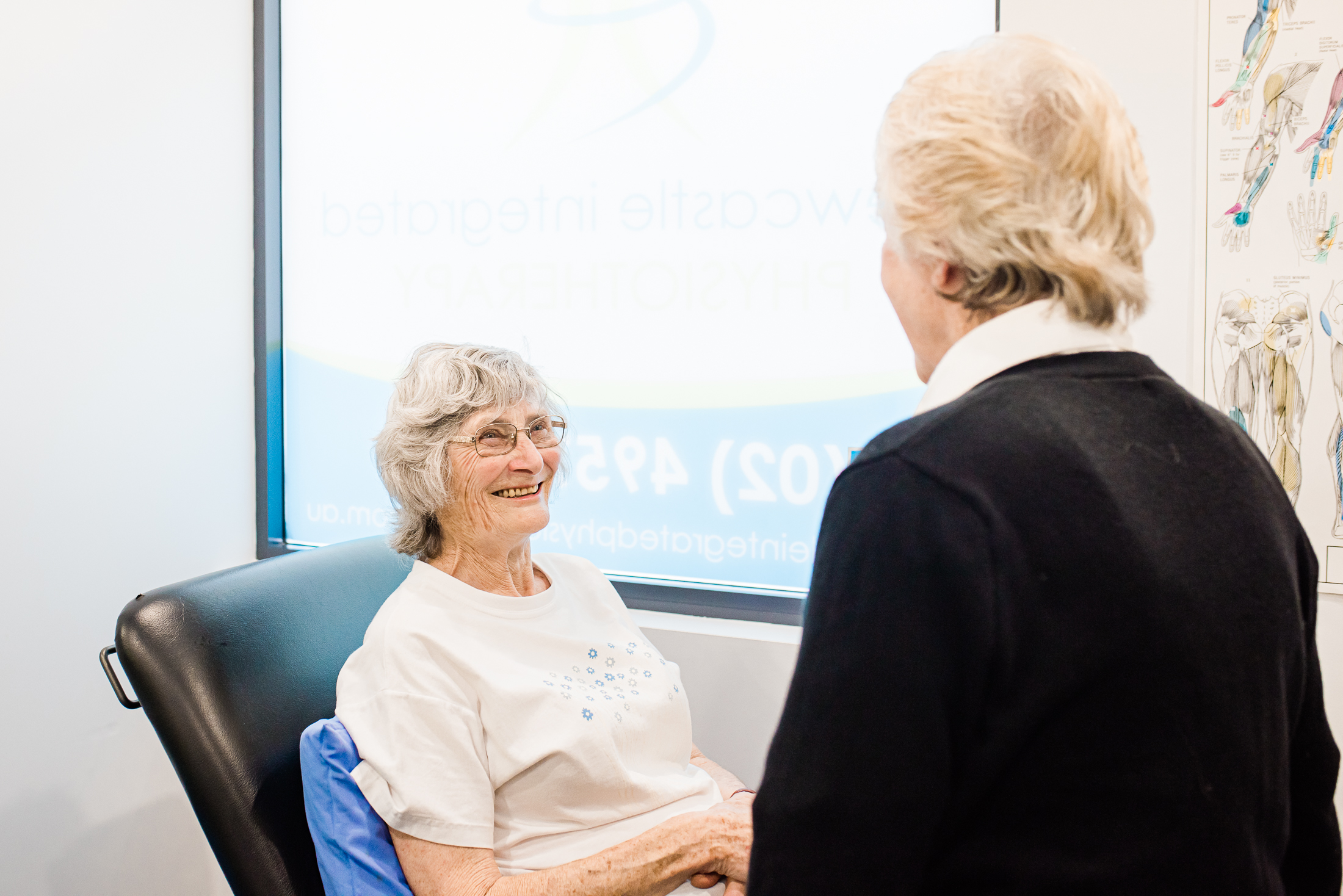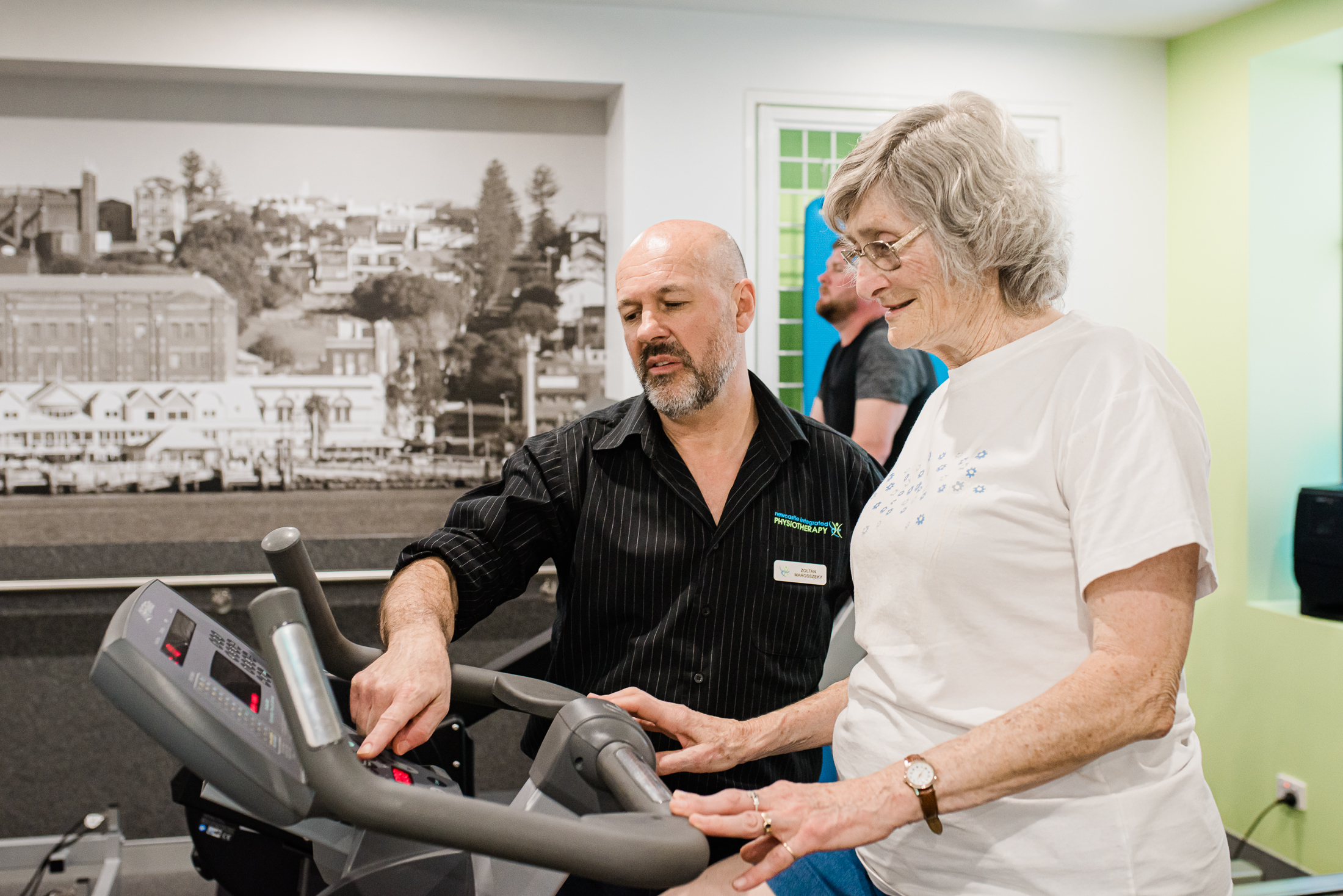Frozen shoulder (or adhesive capsulitis) is a common clinical condition. While it has been extensively discussed over the years, there is still little known about why it occurs.
It has been proposed that frozen shoulder will affect 8.2% of men and 10% of women of working age. Although most cases have no known cause, there does appear to be a correlation between frozen shoulder ,rotator cuff tears and post shoulder surgery. It also occurs in people with diabetes and thyroid dysfunction.
A person with frozen shoulder will often experience three distinct phases of the condition.
- An initial ‘freezing’ phase pain as adhesions form in the shoulder capsule, reduced range of movement.
- A relatively pain-free ‘frozen’ phase characterised by severe restriction of movement.
- Finally a ‘thawing’ phase where movement returns.
Even though frozen shoulder is a self-limiting condition and the person will eventually recover, this process can take more than two years, resulting in significant reduction in function in the meantime.
A new trend in treatment combines physiotherapy, guided exercises and passive movement with ‘hydrodilatation’ where the joint capsule is injected with a saline/steroid compound to stretch and ultimately tear adhesions.
This treatment provides an alternative to invasive surgery, improving both function and pain.
Studies focused on physiotherapy and surgery have shown that completing physiotherapy exercises in the initial stage can help minimise the amount of movement lost. Surgery to ‘release’ the shoulder capsule has varied results in terms of both pain and function.
If you have recently been diagnosed with a frozen shoulder please call us to see how we can help you return to regular activities quicker!
For further information and physio treatment for Frozen Shoulder contact Newcastle Integrated Physiotherapy on (02) 4957 2961


